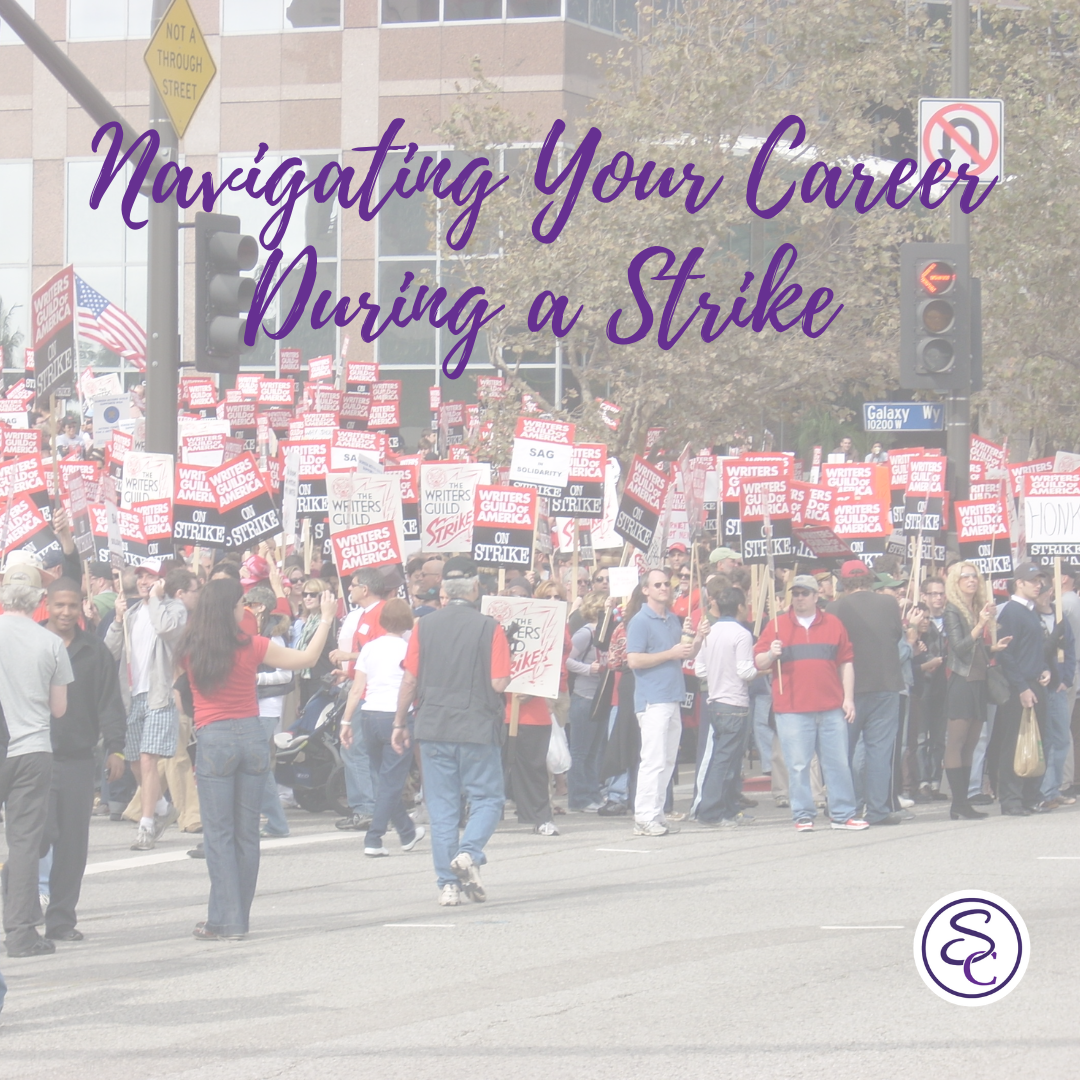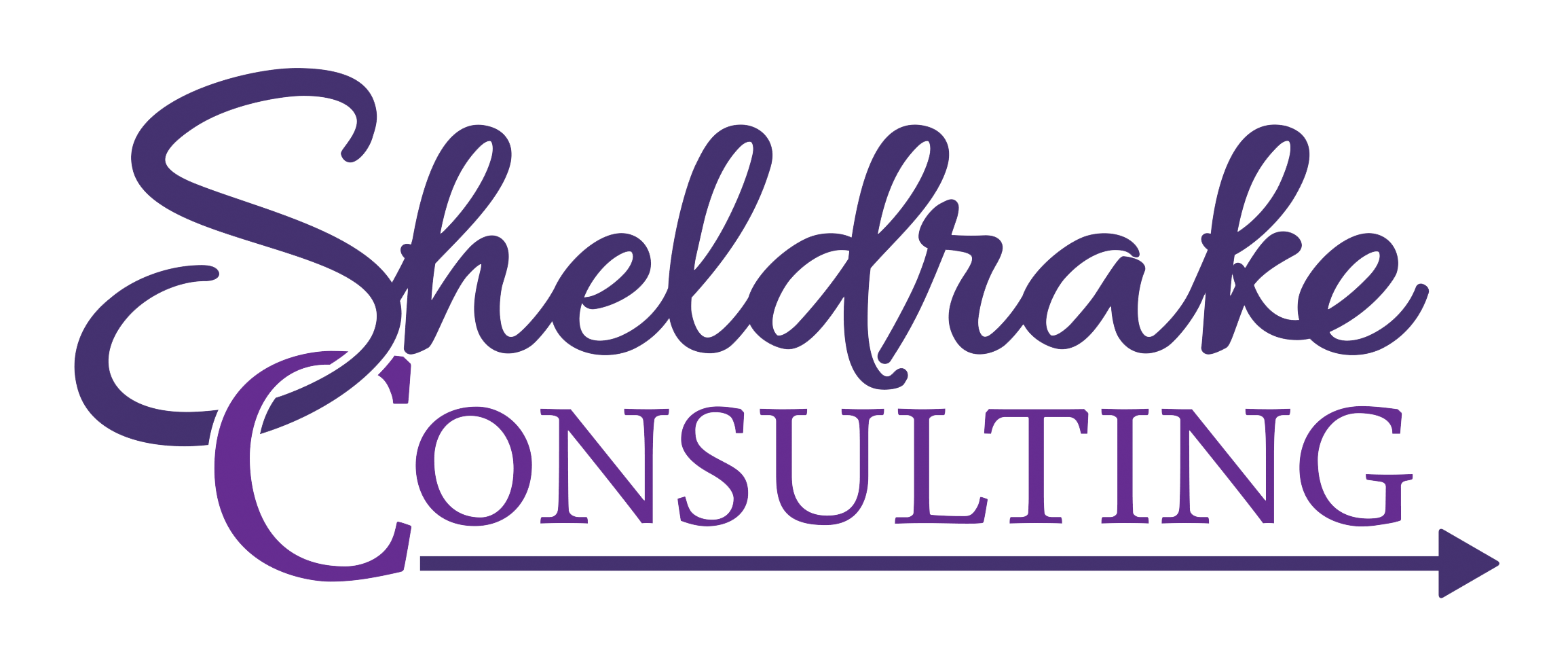Nobody ever plans to find themselves in the midst of a strike, but it seems like it was unavoidable this year with the Writers Guild of America, SAG-AFTRA, Las Vegas Hotel and Culinary Union, and the United Auto Workers strike. Navigating your career during a strike requires a unique set of skills and strategies to ensure that you not only survive the turbulent times but also emerge stronger on the other side. Whether you are a participant or indirectly affected by a strike, I’ll share my tips on how you can proactively manage your career when the future is uncertain.

Understand the Context
Before taking any action, it’s crucial to understand the context of the strike. What are the key issues at stake? How long is the strike expected to last? Are there any negotiations taking place? By staying informed about the specifics of the strike, you can make more informed decisions about your own career.
For those directly involved in the strike, being aware of the goals and progress of the movement is essential. This knowledge can help you align your actions with the collective objectives, ensuring a unified front and a stronger bargaining position.
Assess Your Values and Priorities
A strike often forces individuals to reevaluate their values and priorities. Take this time to reflect on your professional principles. What aspects of your workplace are non-negotiable for you? What are you willing to compromise on, and what are your deal-breakers?
Understanding your values will help you align your actions with your beliefs. If the strike aligns with your core values, consider actively participating. If not, decide how you can support the movement while maintaining your personal and professional integrity.
Communicate Effectively
Communication is key during a strike, both within the striking workforce and with external stakeholders. If you’re actively participating, attend union meetings and stay engaged with your colleagues. Clear and open communication fosters a sense of solidarity, making the collective effort more impactful.
For those not directly involved, communication with your employer is crucial. Seek clarity on the company’s stance and how the strike might affect your role. Maintaining an open line of communication can help you make informed decisions about your career path during the strike.
Develop Transferable Skills
A strike can lead to uncertainty about the future of your current job. To mitigate this, focus on developing transferable skills that will be valuable in various professional settings. This might involve acquiring new certifications, attending workshops, or taking on projects that enhance your skill set.
By expanding your skill repertoire, you not only make yourself more marketable but also increase your adaptability in different work environments. This adaptability will serve you well, whether you return to your current job post-strike or seek new opportunities elsewhere.
Network Strategically
During a strike, networking becomes even more critical. Connect with colleagues, both within and outside your organization, to share experiences and insights. Attend industry events, webinars, and online forums to stay updated on industry trends and job opportunities.

Effective networking can also provide emotional support during challenging times. Knowing that others are facing similar situations and sharing strategies for navigating the strike can be empowering.
Explore Alternative Employment
While actively participating in a strike, it’s essential to acknowledge the potential risks to your current job. As such, it may be prudent to explore alternative employment options. Update your resume, create or update your LinkedIn profile, and start reaching out to potential employers.
Remember to be discreet about your job search, especially if your current employer is unaware of your intentions. Protecting your interests while exploring new opportunities will give you a safety net if the strike leads to unexpected consequences.
Focus on Professional Development
Use the time during the strike to invest in your professional development. Attend online courses, workshops, or conferences that align with your career goals. Strengthening your knowledge and skills will make you more resilient and adaptable in the face of changing circumstances.

Navigating your career during a strike requires a blend of strategic thinking, adaptability, and resilience. Whether you choose to actively participate in the strike or find yourself indirectly affected, maintaining a proactive and positive approach is key. Remember, every challenge presents an opportunity for growth and transformation – use this time to shape your career in a way that aligns with your values and aspirations.
Consider setting up a consultation with me to give you a fresh perspective and guidance as you’re navigating your career during a strike.

